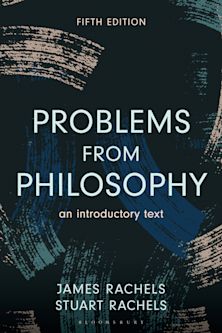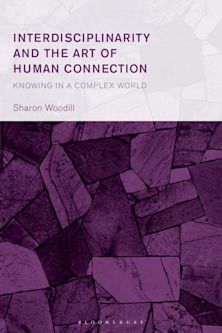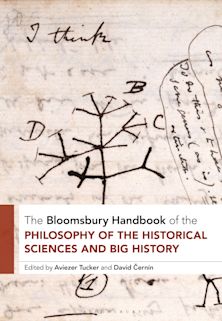- Home
- ACADEMIC
- Philosophy
- Epistemology
- Knowledge in Medieval Philosophy
You must sign in to add this item to your wishlist. Please sign in or create an account
Description
To know epistemology's history is to know better what contemporary epistemology could be and perhaps should be – and what it need not be and perhaps ought not to be.
Knowledge in Medieval Philosophy covers the influence of Aristotle and Augustine during the Middle Ages.
Epistemology and scepticism is part of philosophy from the late thirteenth century onwards, and knowledge was of great philosophical concern throughout the Middle Ages. By putting the medieval discussion in context it contributes to shedding light on the era and its thinkers, as well as to making it relevant for contemporary epistemologists.
Demonstrating important aspects of epistemology, ones that has huge importance for our everyday life, chapters cover the notion of testimony and thinkers such as Avicenna, Scotus amd the definition of knowledge found in Ockham.
Table of Contents
1. Avicenna on Knowledge (Deborah L. Black)
2. Scientia in the Twelfth Century (Rafael Nájera)
3. Averroes on the Attainment of Knowledge (Richard Taylor)
4. Robert Grosseteste on Demonstration (John Longeway)
5. Thomas Aquinas on Knowledge and Demonstration (Alexander Hall)
6. John Duns Scotus on Knowledge (Richard Cross)
7. William Ockham on Testimonial Knowledge (Jennifer Pelletier)
8. Nicholas of Autrecourt on Knowledge (Christophe Grellard)
9. John Buridan on Knowledge (Gyula Klima)
10. Knowledge and Scientia in Two Posterior Analytics Commentaries after Buridan: Albert of Saxony and John Mair (Henrik Lagerlund)
11. Sixteenth-Century Virtue Epistemology (Benjamin Hill)
Index
Product details

| Published | 20 Sep 2021 |
|---|---|
| Format | Ebook (Epub & Mobi) |
| Edition | 1st |
| Extent | 280 |
| ISBN | 9781474258319 |
| Imprint | Bloomsbury Academic |
| Publisher | Bloomsbury Publishing |
About the contributors

ONLINE RESOURCES
Bloomsbury Collections
This book is available on Bloomsbury Collections where your library has access.



































